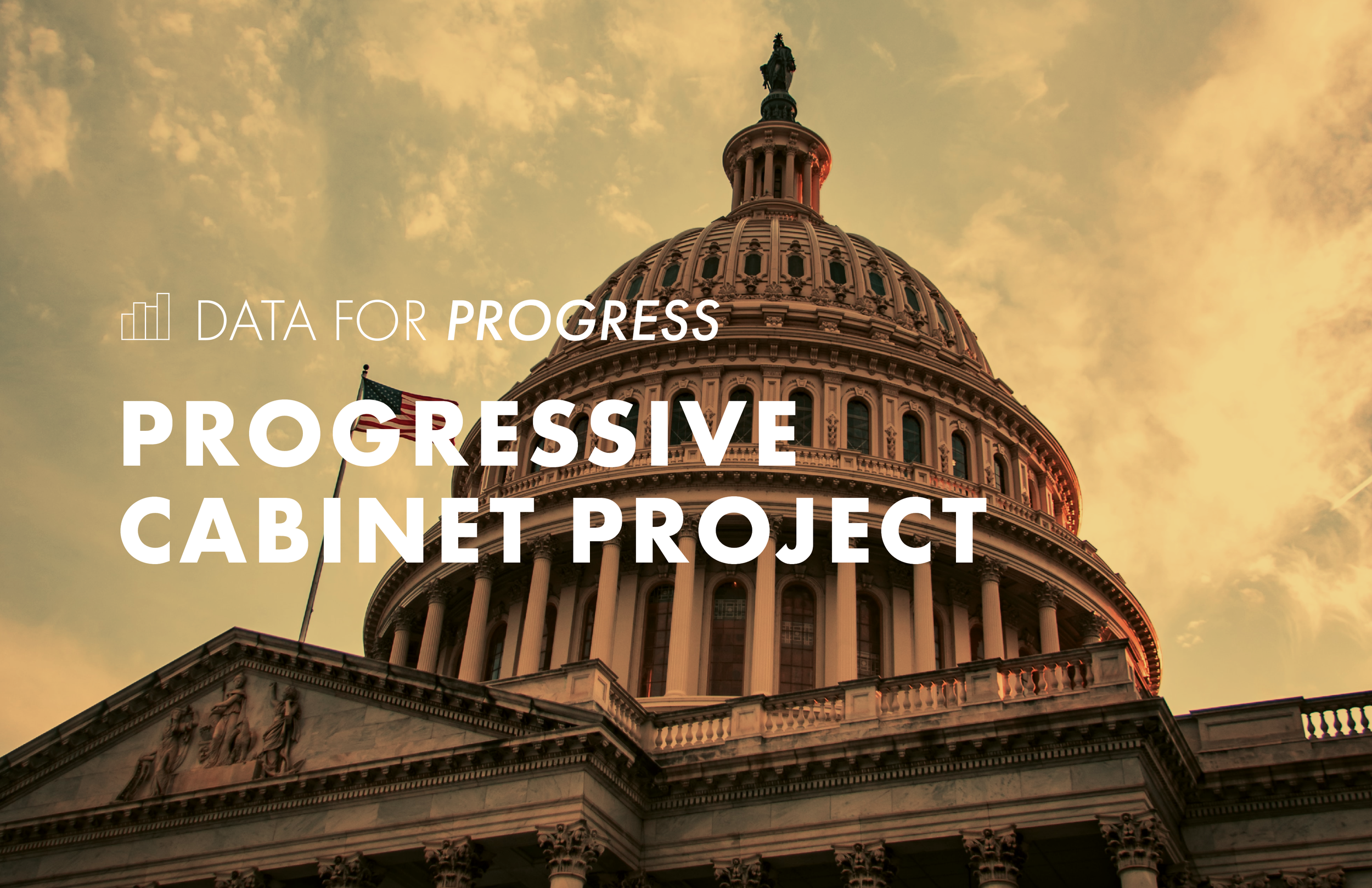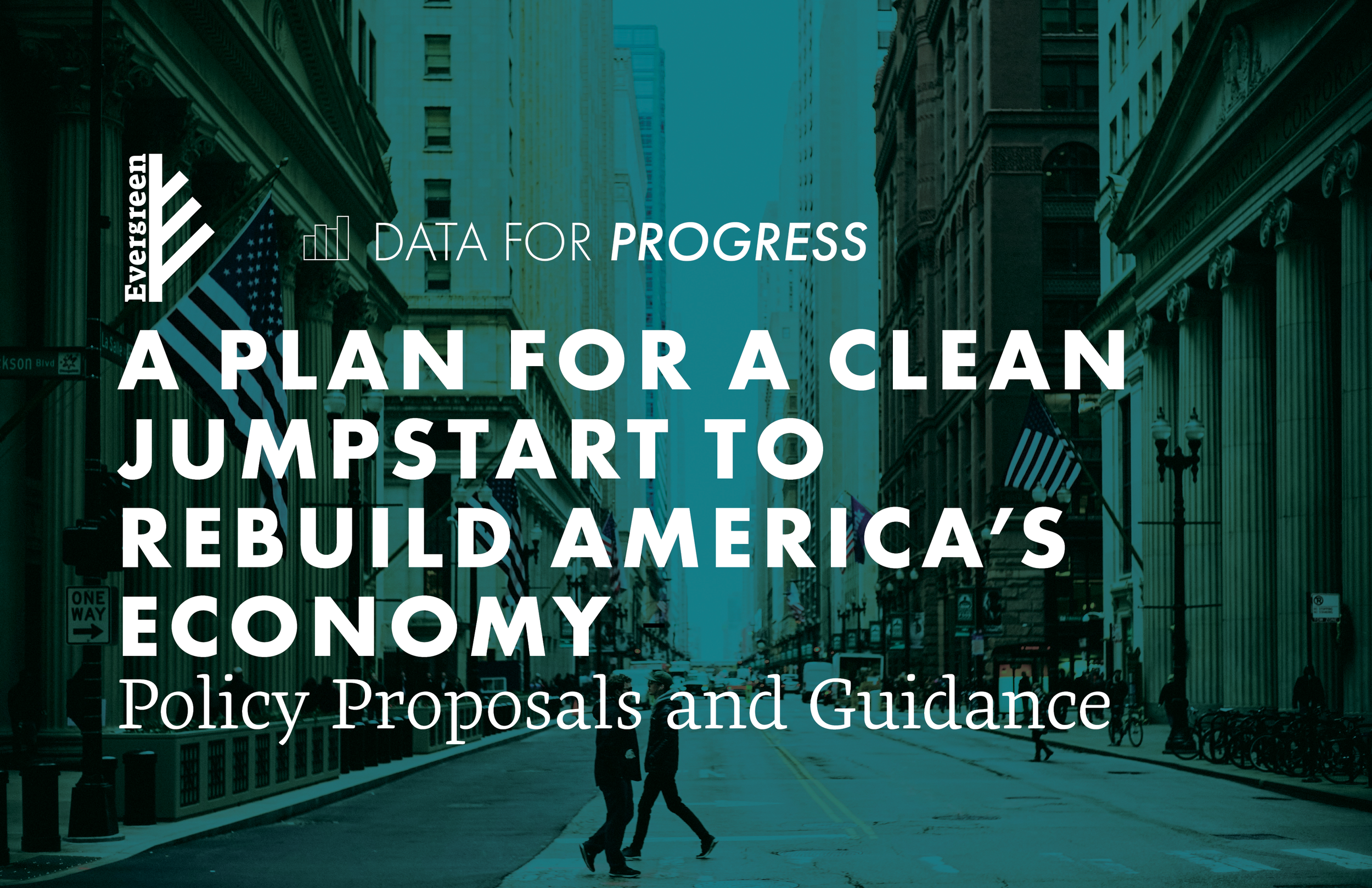Memo: Voters See Glaring Environmental Problems in the USMCA
By Sean McElwee, Executive Director, Data for Progress
Executive Summary:
On December 19, the House of Representatives will vote on the United States–Mexico–Canada Agreement (USMCA). Data for Progress has the most recent polling on this topic as well as on trade issues more broadly. Trade agreements were a central component of the 2016 campaign, and have already moved to the forefront for 2020.
A majority of voters believe that “trade agreements should address climate change.” An overwhelming 83 percent of Democrats believe trade agreements should address climate change, and independent voters agree by a margin of 12 points. About one in five Republicans also agree. The USMCA does not mention climate change.
Voters overall strongly support including in trade agreements binding limits on pollution, a requirement to fulfill the Paris Climate Agreement, and the creation of an independent agency to enforce such environmental obligations. The USMCA does not include these environmental protections. About 80 percent of Democratic voters and a clear majority of Independent voters support the inclusion of these environmental protections in trade agreements. Surprisingly, a majority of Republican voters support including binding pollution limits in trade agreements, and a plurality supports the creation of an independent environmental enforcement agency.
Voters clearly oppose using trade agreements to empower corporations, particularly oil and gas corporations. By a 48-26 percent margin, voters oppose including in trade agreements tax breaks for tar sands oil. The USMCA includes such a tax break. Democrats and Independents also oppose on net the using of trade agreements to offer private tribunals for oil and gas corporations in Mexico, or to guarantee opportunities for corporations to challenge proposed health and environmental policies. The USMCA includes both of these.
While Republican voters have heard the most about the USMCA, no group of voters reports they know much about the USMCA. Fewer than one in seven voters has heard “a lot” about the USMCA. Support for USMCA is driven by Republican voters, 71 percent of whom support USMCA compared to about 26 percent of Democratic voters.
When we break out the USMCA support by union status, we see that union members are among the least supportive of the USMCA. Controlling for other factors, voters who identify as ideologically conservative or very conservative supported the USMCA far more than other types of voters, while ideologically liberal or very liberal voters, women voters, and black voters are less supportive of the USMCA than others.
On the domestic front, voters strongly support extending tax credits for companies to develop new clean technology, including electric vehicles. Supporters of these tax credits are more likely to oppose USMCA than are opponents of these tax credits.





